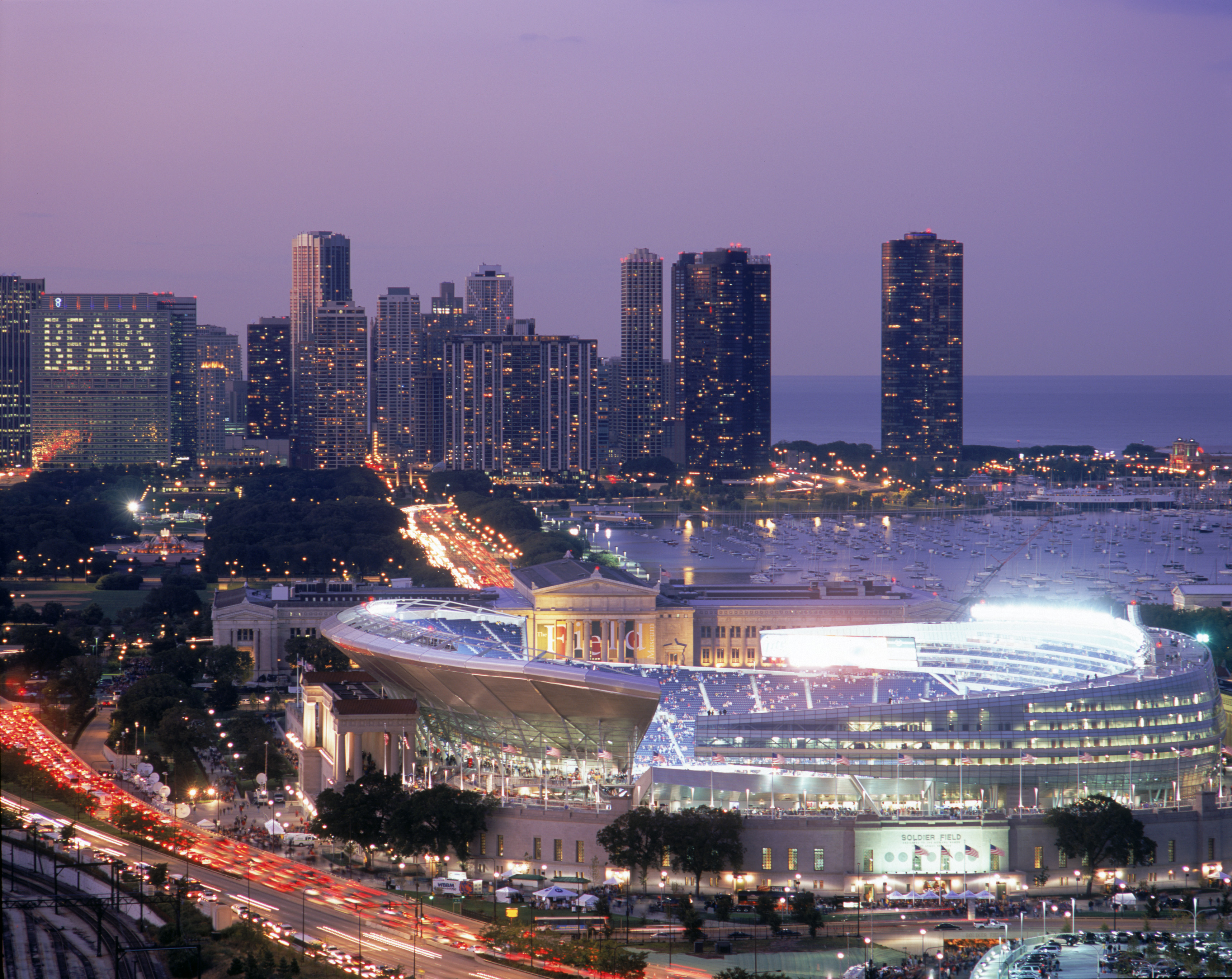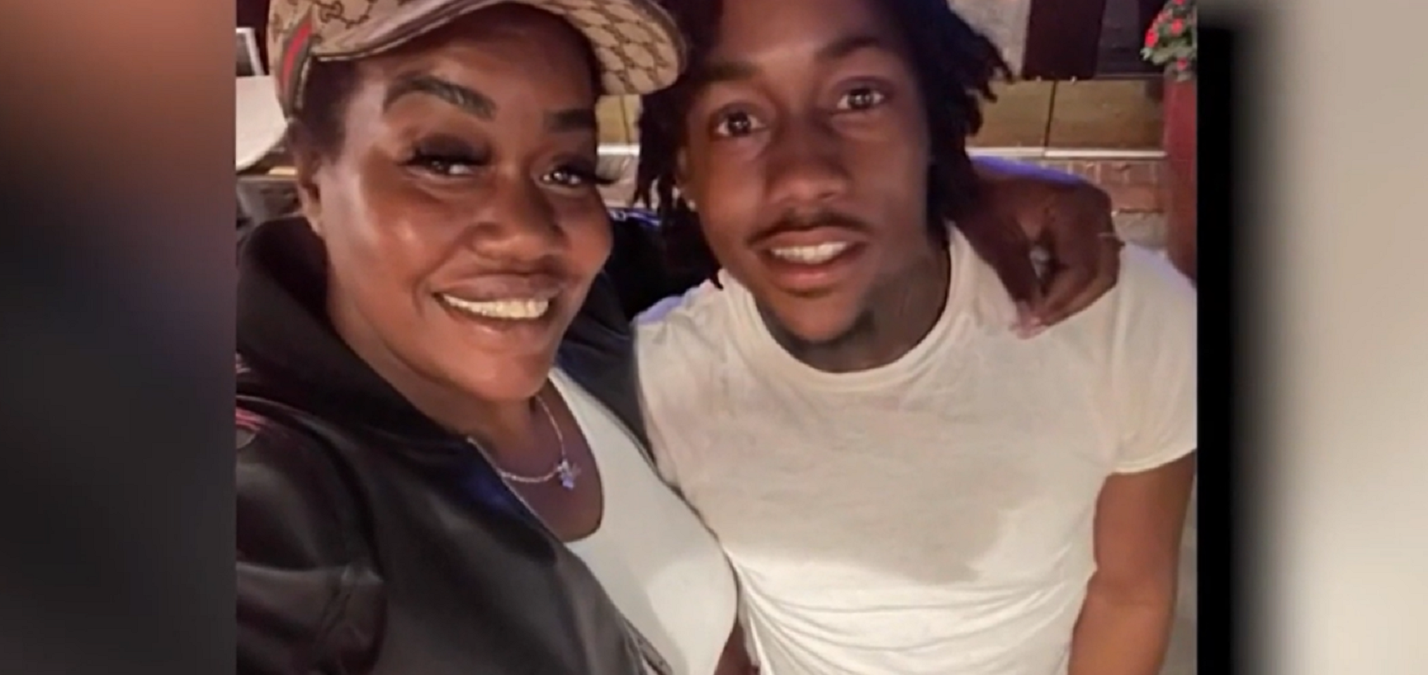After years of deficits and a destructive state budget impasse, Illinois is facing a massive financial crisis. For most of the candidates seeking to become Illinois' next governor, the solution is to overhaul the tax system.
Almost all of the Democrats want the state's wealthiest people to pay more in taxes, while Republican Gov. Bruce Rauner says he'll try to undo a recent across-the-board income tax hike and his GOP rival says he's not to be believed.
Conservative state Rep. Jeanne Ives is challenging Rauner in the March 20 primary. Six men are seeking the Democratic nomination: state Sen. Daniel Biss, businessman Chris Kennedy, billionaire J.B. Pritzker, regional schools superintendent Bob Daiber, community activist Tio Hardiman and physician Robert Marshall. [[468328653, C]]
Here's a look at where they stand:
INCOME TAX
Democrats in the Legislature, with some Republicans' help, voted last year to override Rauner's veto and pass a spending plan that included an income tax hike. The deal, which ended a more than two-year budget impasse, raised the individual income tax rate from 3.75 percent to 4.95 percent and the corporate rate from 5.25 percent to 7 percent, raising an additional $5 billion in annual revenue.
Rauner, who will present his budget outline Feb. 14, says he will propose rolling back the increase over several years, to 3 percent for individuals. He says he can accomplish that despite not being able to stop the tax hike — a failure he blames on Democrats who control the Legislature. Rauner also says he can simultaneously put more money into education by cutting "wasteful spending."
Local
Ives scoffs at Rauner's pledge, saying he didn't lobby Republicans to block the tax hike and is now "making promises he can't keep."
Ives, like Rauner, believes the best way to grow revenue is to grow Illinois' economy and tax base by making the state more appealing to job creators. She said she would work to eliminate the hike over time, with a goal of reducing it by 0.25 percentage points annually. But she notes "only the Legislature can make a repeal happen."
"But if the Legislature blocks my attempts to repeal the tax, I will propose and push for budgets that gradually reduce spending in line with my tax rate reduction proposals," she said. [[468343803, C]]
The Democrats, with the exception of Marshall, favor replacing Illinois' flat tax — in which all filers are taxed at the same rate — with a graduated or "progressive" system in which higher earners pay higher tax rates. It's the same system used in many states and at the federal level.
Supporters say it's a fairer way to generate additional revenue because it puts the greatest burden on people who can best afford it. Opponents say it penalizes success and would discourage job creators from investing in Illinois.
Biss, Kennedy and Pritzker have repeatedly declined to say what the rates or income levels should be under a graduated income tax, noting it would have to be negotiated and that the decision also must include discussions about spending.
Biss has said the rates would be "patterned after what we see in neighboring states," but that the state needs more money for schools and that "requires significantly more revenue." Kennedy told the Chicago Tribune editorial board that the "high end" of the range should be a number "that starts with a five."
Under Daiber's plan the rate would be 1 percent for people making between $2,500 and $24,999; 2.25 percent for incomes $25,000 to $44,999; 3.75 percent for incomes $45,000 to $149,999 and 4.95 percent for incomes $150,000 to $999,999. People with incomes $1 million or greater would pay 6 percent.
Hardiman wants a scale in which people making $1 million or more pay 8 percent to 10 percent. Incomes between $50,000 and $99,999 would be taxed 1 percent to 2 percent, while incomes $100,000 to $249,999 are taxed 3 percent to 5 percent and incomes between $250,000 and $999,999 would pay 6 percent to 8 percent.
But changing the tax structure is a tall order. Illinois' flat tax is in the state constitution and changing it is a lengthy process that requires, among other things, the support of three-fifths of the General Assembly.
Kennedy says he'd take "two paths." The long-term plan is to change the constitution, which he said during NBC 5 and Telemundo Chicago's forum would "take years to accomplish." In the short-term he would incorporate "progressivity" as Massachusetts has done, through tools such as the earned income tax credit, which helps low- and middle-income families.
Pritzker also has cited Massachusetts as a model. He says changing from a flat to a graduated income tax "will take two years."
Marshall is the only Democrat who opposes changing to a graduated income tax, which he says would be "a disaster" because "taxes are too high already." [[469577203, C]]
FINANCIAL TRANSACTIONS
In addition to the graduated income tax, Biss says he's the only candidate who supports a tax on financial transactions, or a tax on the buying and selling of stocks, bonds and other assets at places like the Chicago Mercantile Exchange. He says the tax could generate as much as $8 billion.
Kennedy railed on the idea, saying it isn't feasible to do at the state level and would push those businesses out of the state.
RETIREMENT
Daiber said under his plan, all retirement income regardless of the amount would be taxed at 1 percent.
Biss said he would only consider taxing retirement income once the Illinois Constitution has been amended to allow the progressive income tax, "so that we tax retirement income of wealthier Illinoisans rather than burden middle-class Illinoisans."
All the other candidates said they oppose taxing retirement income.



